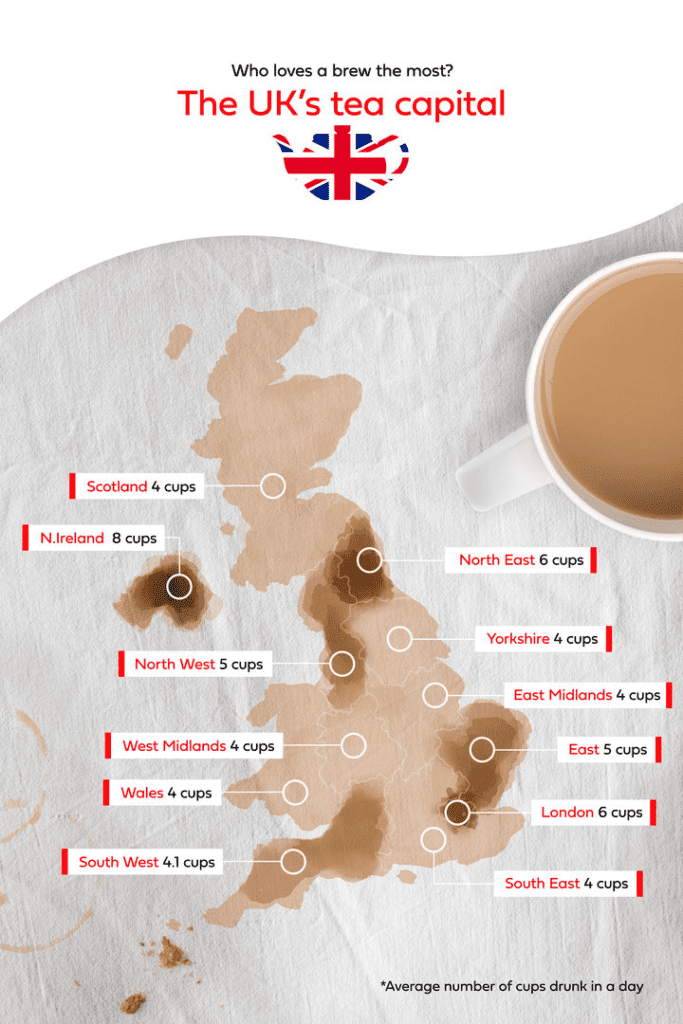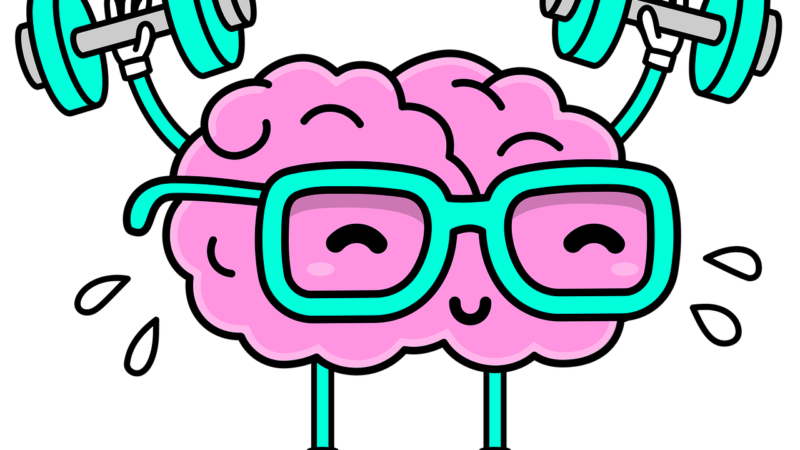Coffee is better at reducing depression than tea

In a study of nearly 400,000 people, it was concluded that coffee and caffeine consumption were significantly associated with decreased risk of depression. The study by the Royal Australian and New Zealand College of Psychiatrists 2015 used 11 observation studies of coffee-depression analysis and caffeine depression analysis.
The average American coffee drinker drinks just over 3 cups per day. (2 cups in UK)
The National Coffee Data Trends Market Research Series – the “Atlas of American Coffee”
It found that there was a linear correlation between coffee consumption and depression reduction and that depression was reduced by 8% per cup of of coffee consumed each day.
Coffee reduces depression by 8% per cup
Source
Various studies have found a connection between consumption of caffeine and reduced risk of suicide, showing that those who drank more tea or coffee had a lower risk of suicide, although a Finnish study showed that, with those who drank more than 7 cups, suicide rates began to increase again.
Suicide risk is lower among persons with higher consumption of coffee.
Source
Coffee is the most popular drink worldwide (after water) with over 400 billion cups consumed each year.
Results suggest that higher consumption of green tea, coffee and caffeine may confer protection against depression.
Source

85% of the U.S. population drinks at least one caffeinated beverage a day.
Why does coffee make us feel good?
Caffeine stimulates the production of key positive-feeling neurotransmitters, including serotonin, dopamine, and noradrenaline.
Why coffee not tea?
Although most of the studies showed that both coffee and green tea helped reduce depression, at least two large long-term studies found no connection with depression and tea, only with coffee.
This may be because coffee contains anti-inflammatory chlorogenic acid which helps alleviate inflammation. Inflammation in the brain plays a role in some forms of depression and fatigue.

More facts about coffee:
- Overall coffee consumption is UP by 5% across the nation since 2015.
- 7 in 10 Americans drink coffee every week
- 62% drink coffee every day.
- Popularity of single cup brewing machines has soared by nearly 50% in the last five years.
- Midwesterners are least likely to order decaf.
- Young people are drinking more and more coffee; Americans under 40 increased coffee consumption by 40% since 2015
- 53% want to buy coffee that is certified good for the environment and good for coffee farmers and communities
- 400 billion cups of coffee were drunk last year; coffee is the most popular drink after water
How many cups of coffee do we drink in the UK every day?
95 million cups of coffee were consumed every day in the UK in 2018, up from 75 million in 2008. But Brits still prefer a nice cup of tea, with 100 million cups being consumed every day.

Sources:
You might like: Reddit – Best Coffee Memes
Featured image real unadulterated photo taken by https://www.reddit.com/user/leon__glo/
SCS – Pop The Kettle On: The UK’s Tea Drinking Habits Revealed
Nescafe – 17 Coffee Statistics
What’s the Link Between Caffeine and Depression? – Psychcentral
Can Caffeine Treat Depression? – Healthline
What effect does caffeine have on depression? – Medical News Today






